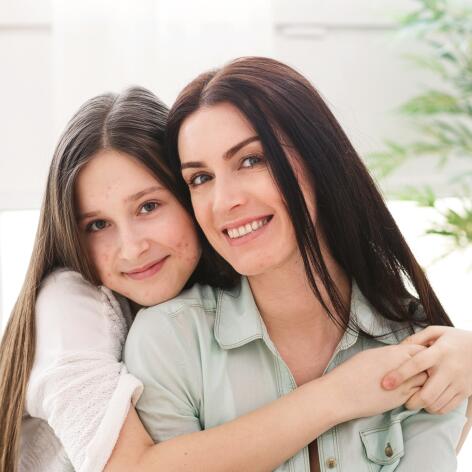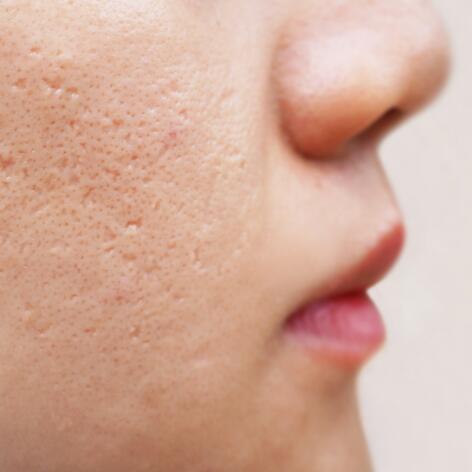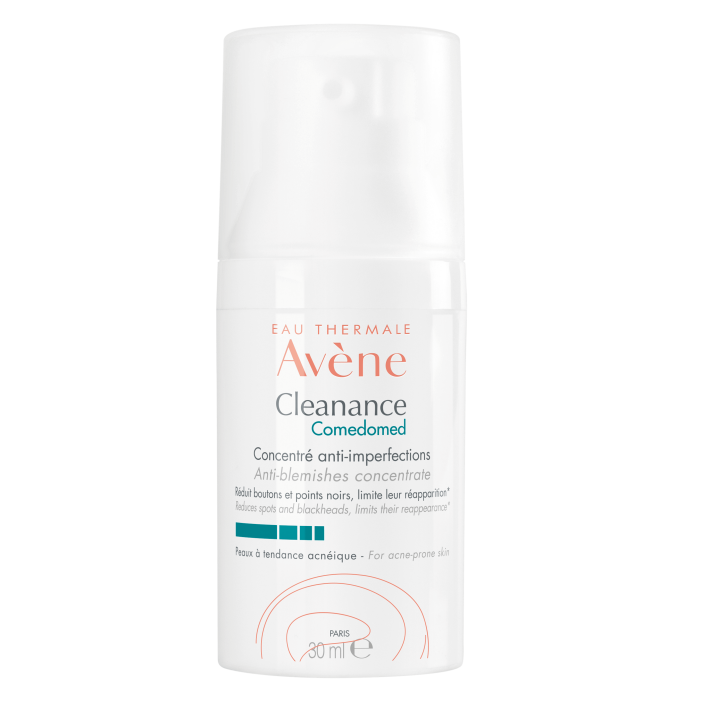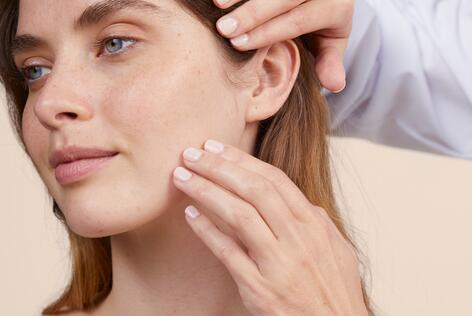What is acne-prone skin?
Acne affects about 6 million people in France. It is also the leading cause of dermatological visits. Although the main target group is still teenagers, adults can also be affected. But in fact, what is "acne-prone skin"? What is it due to? And what care should be taken on a daily basis to reduce it?
What is acne?
Acne is an inflammatory disease of the pilosebaceous follicle. Each hair is associated with a sebaceous gland that secretes sebum, an oily fluid whose role is to protect our skin. In the case of acne, the sebaceous gland is blocked by sebum that has become too thick and is secreted in excessive quantities. In addition, the cells at the entrance to the pilosebaceous follicle behave abnormally and create an imbalance in the flora.
What causes acne?
Acne occurs mainly at puberty, due to hormonal changes. Hormonal changes can also lead to acne breakouts in women as adults. Genetics also play a role in this disease. If both parents were affected at a younger age, the risk of developing acne is increased. Other factors can also play a role, such as stress, smoking, pollution and even sun exposure. But more than identifying the cause, the most important thing is to identify the right treatment!

The different types of acne
Clogged pores encourage the development of blackheads (open comedones) or microcysts. This is called retentional acne. But when they become inflamed, under the effect of a bacterium – whose scientific name is Cutibacterium Acnes – they can turn into non-purulent red pimples (papules), purulent pimples (pustules) or larger pimples that are generally painful and deeply rooted in the skin (nodules). This is inflammatory acne (most common in adult women).
"During my second pregnancy, I ended up with micro-cysts on my jaw and blackheads on my cheeks".
Amandine, 31 years old
Beware of acne scars
Scars are unsightly consequences of acne. As they heal, acne lesions can leave potentially deep and lasting marks, the appearance of which is mainly caused by the handling of pimples and the severity of your acne. It’s possible to prevent them with early treatment and adapted care, or to reduce them if they are already there. But the most important thing is not to fiddle with your pimples!

FRIENDLY (AND EXPERT) ADVICE
The dermatologist, your main point of contact
Whatever your age, whatever the form of your acne, your main point of contact will be your dermatologist. Do not hesitate to consult them as soon as the first signs appear. They will know how to adapt your treatment, depending on several criteria: the progression of the disease, its severity, the effectiveness of the treatments you have already undergone. They will also give you advice on dermo-cosmetic care and will be able to reassure you if acne is disrupting your daily life too much.
Our solutions for taking care of your acne-prone skin
Our Cleanance skin care products are designed to reconcile you with your skin

Cleanance COMEDOMED Anti-Blemish Concentrate
I have been using this product for 1 week and frankly I can already see improvements. I like the texture and the easy-to-use bottle.
NEWSLETTER
We’re always here for your skin!
All our tips for taking care of your skin day to day.

Which skin care routine should you adopt?
Identify what it really needs with the help of our experts and discover the most suitable skin care routine for you.
